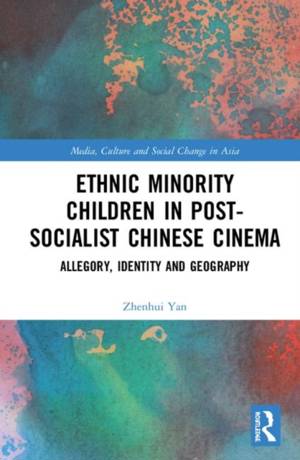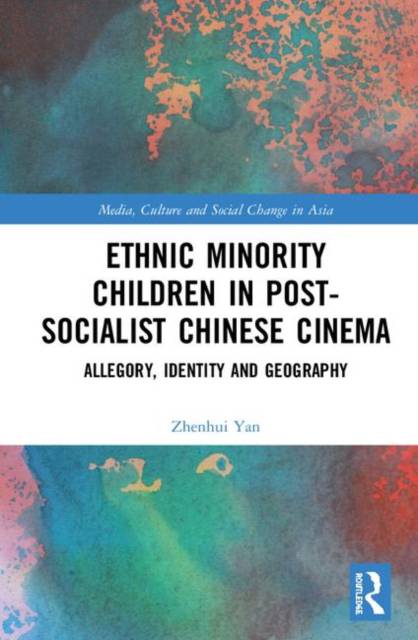
- Retrait gratuit dans votre magasin Club
- 7.000.000 titres dans notre catalogue
- Payer en toute sécurité
- Toujours un magasin près de chez vous
- Retrait gratuit dans votre magasin Club
- 7.000.0000 titres dans notre catalogue
- Payer en toute sécurité
- Toujours un magasin près de chez vous
Ethnic Minority Children in Post-Socialist Chinese Cinema
Allegory, Identity, and Geography
Zhenhui YanDescription
This book examines the surprisingly large number of films about ethnic minority children in China, considering key questions such as Why are ethnic minority children becoming more intriguing to Chinese filmmakers? What are their roles in the films literally and allegorically? And how are they placed on screen geographically and why? It argues that ethnic minority children's appeal lies in their special relationship with childhood, ethnicity, nationalism, and rurality; and that for dominant Han urban adults and elite ethnic minorities they serve as "the other" for these people's construction of themselves as self-conscious modern subjects during China's rapid social-political transformations. This book explores the diversity of ways in which both Han and ethnic minority filmmakers take up the special features of ethnic minority children to facilitate their expression of certain ideas or ideals, as well as the roles of these films in their directing careers.
Spécifications
Parties prenantes
- Auteur(s) :
- Editeur:
Contenu
- Nombre de pages :
- 148
- Langue:
- Anglais
- Collection :
Caractéristiques
- EAN:
- 9780367347871
- Date de parution :
- 27-11-19
- Format:
- Livre relié
- Format numérique:
- Genaaid
- Dimensions :
- 155 mm x 239 mm
- Poids :
- 408 g

Les avis
Nous publions uniquement les avis qui respectent les conditions requises. Consultez nos conditions pour les avis.






